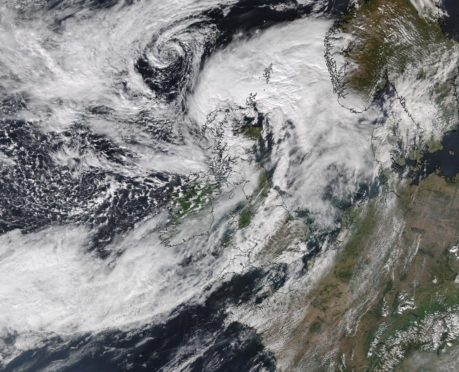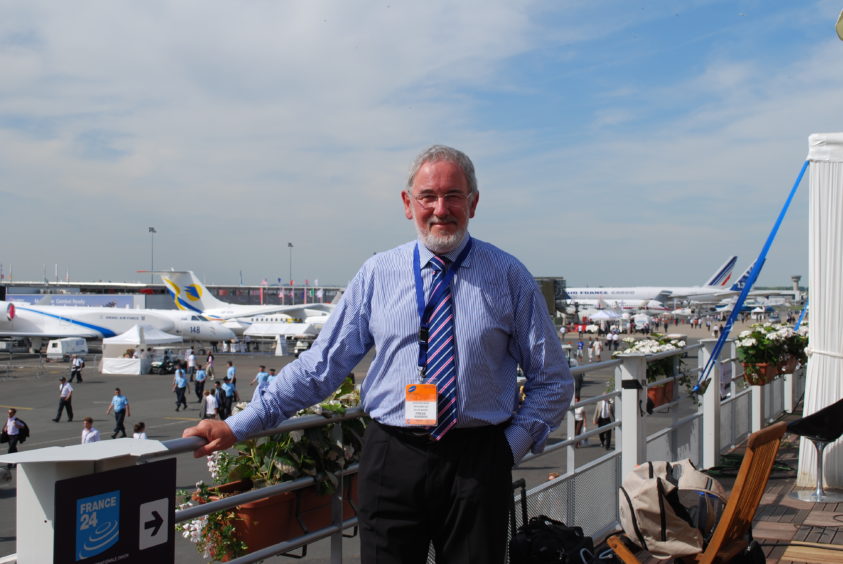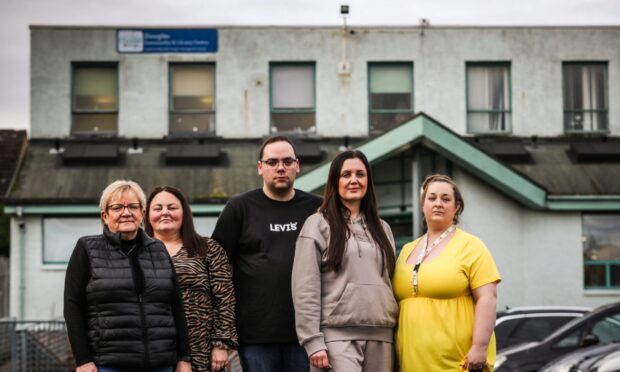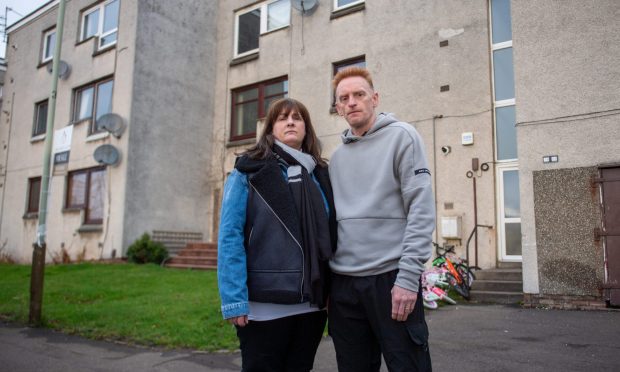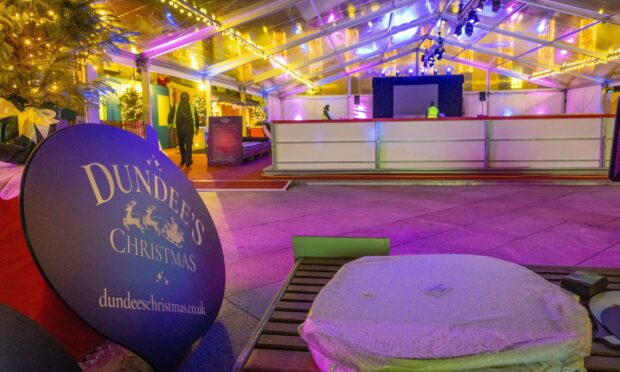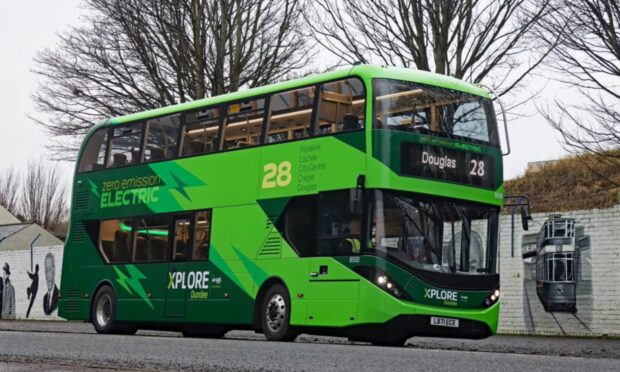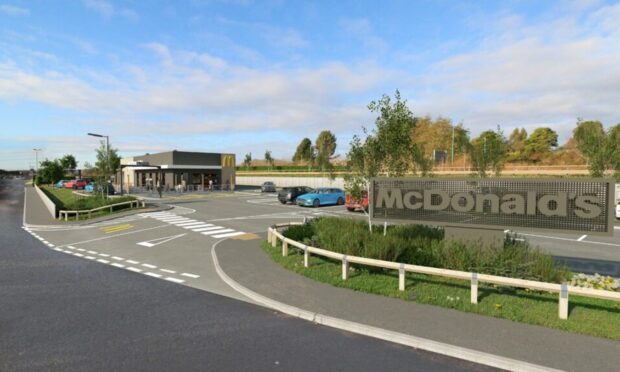A former NASA space scientist who helped the first humans to the moon has blasted the decision to axe Dundee’s “irreplaceable” satellite receiving station.
Dr David Baker, who worked on mission planning and analysis on the Apollo programme in the 1970s, believes the closure will harm world research into current climate instability.
The facility was closed this month after more than 40 years recording and storing images of the planet taken from orbit.
The decision was taken by Dundee University after a £338,000 budget cut by the Natural Environment Research Council (NERC) left a shortfall in running costs.
Dr Baker, 75, is the editor of SpaceFlight, the official journal of the British Interplanetary Society (BIS) — the oldest space advocacy organisation in the world.
The journal — the front cover of which will next month feature an in-depth look at the implications of the closure — is read by astronauts and cosmonauts across the world.
Dr Baker, who has also authored more than 100 books, said the facility is one of the main stations in the UK receiving data from Earth observation satellites and acts as a resource to thousands of scientists.
Writing in the journal, Dr Baker said its closure would be a “grave loss”.
He said: “This is a national workhorse, and it is being summarily retired because, to mix metaphors, accountants are running the stables.
“Based on earth observation, remote sensing, weather and climate research, DSRS is an essential tool in unlocking the trends and vital signs of a rapidly changing environment, deciphering the heartbeat of our own planet.
“We urge reconsideration and we appeal for a sponsor to save this high-value asset.”
Over its 40 years it has helped analyse events including the Buncefield oil depot fire in 2005, volcanic eruptions in Iceland and at Mount Etna, as well as forest fires, severe winter conditions in the UK and Ireland, Atlantic hurricanes and tropical cyclones.
The facility is currently being decommissioned by staff and is no longer operational but still remains intact.
Last week, John Brush, who co-founded the facility in the late 1970s, said the six staff members had been “badly let down” by the move and said the closure “makes no sense”.
Dr. Baker, who has also worked around the world projecting the message of how satellites can be used to improve people’s lives, added: “The receiving station is the jewel in the crown of environmental resource information.
“It allows us to better understand our weather and climate. It’s a core piece of infrastructure — it’s just too valuable to cast aside.
“It’s the boring end of space but it’s the productive end. It’s a vital go-to asset.”
Dundee University has previously said it was “disappointed” to shut the station but said it was “not in a position to match” the £338,000 funding loss from NERC.
NERC says the decision to end funding was because the demand for the service can be met through alternative routes.
